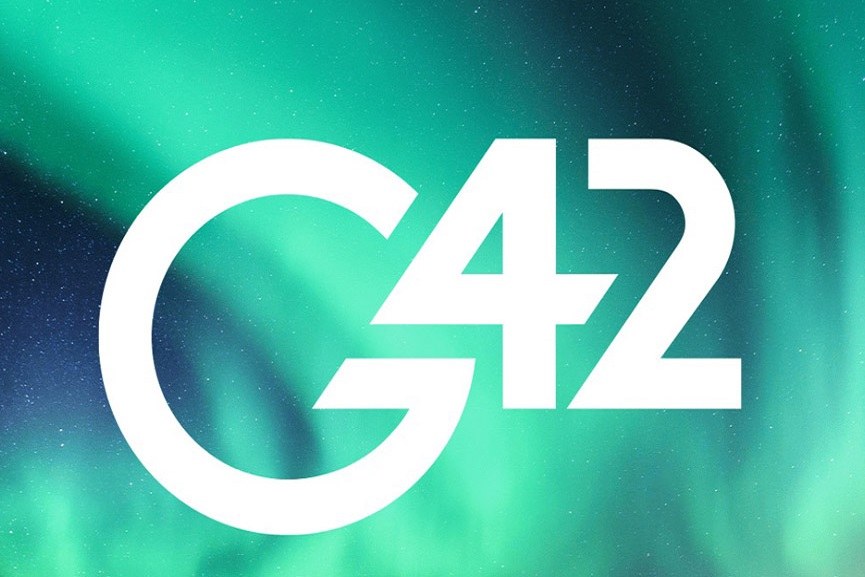Microsoft recently invested $1.5B into Abu Dhabi-based AI company G42 to expand into the UAE and global artificial intelligence (AI) market.

Microsoft explained on April 16 regarding the investment, stating that its purpose is to advance the development of artificial intelligence (AI) and increase the availability of state-of-the-art technologies worldwide, including the United Arab Emirates (UAE).
G42 will utilize Microsoft’s Azure AI computation platform to operate its AI applications and services as part of the collaboration. Both parties emphasized that the partnership will extend beyond the Emirates and deliver sophisticated artificial intelligence solutions to major corporations and the “global public sector.”
Additionally, the investment intends to support UAE workers’ skill development to cultivate a talent pool and workforce that is “diverse” in AI.
The chairman of G42, H.H. Sheikh Tahnoon bin Zayed Al Nahyan, described the investment as a “critical” juncture in the organization’s development.
Microsoft’s vice chair and president, Brad Smith, further stated that the partnership will prioritize underserved regions globally.
“Our two companies will work together not only in the UAE but to bring AI and digital infrastructure and services to underserved nations.”
Smith is also anticipated to serve on the board of directors at G42 as a component of the collaboration.
This investment is the most recent in a series of numerous billion-dollar investments that Microsoft has been undertaking in various countries across the globe.
Microsoft pledged on February 15 to invest $3 billion over the next two years to improve the AI infrastructure in Germany.
A few days later, the organization disclosed that it would allocate $2 billion towards developing AI infrastructure in Spain, with a comparable objective of enhancing domestic capabilities in the field.
Mustafa Suleyman, chief executive officer of Microsoft AI, stated on April 9 that the company planned to make a “substantial, long-term investment” in the United Kingdom as it began recruiting “passionate innovators.”
Nevertheless, Microsoft is not the sole AI developer advancing in the competition for AI supremacy by securing investment agreements and interactions.
Sam Altman, the chief executive officer of OpenAI, has invited hundreds of executives from Fortune 500 companies to present AI services to expand market presence and diversify revenue streams. This places OpenAI in direct competition with Microsoft, a significant organizational stakeholder.

